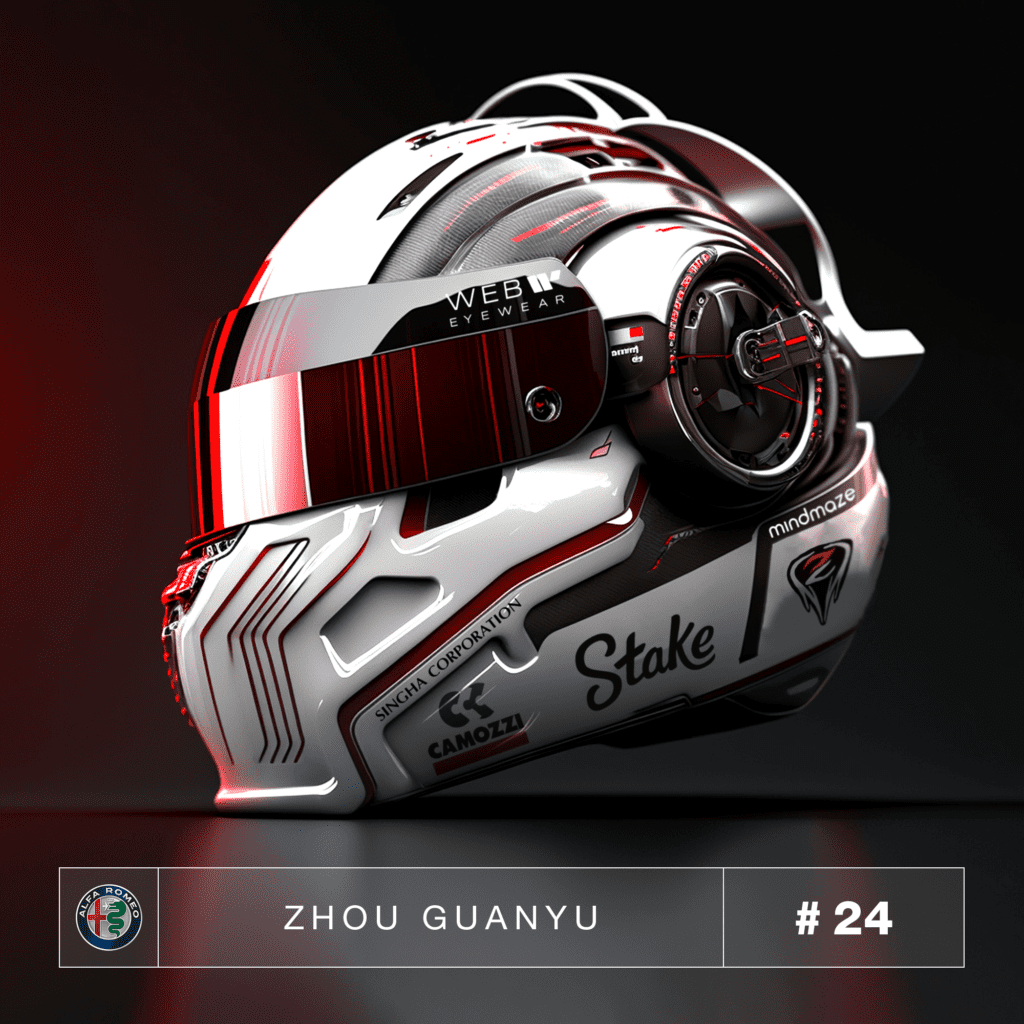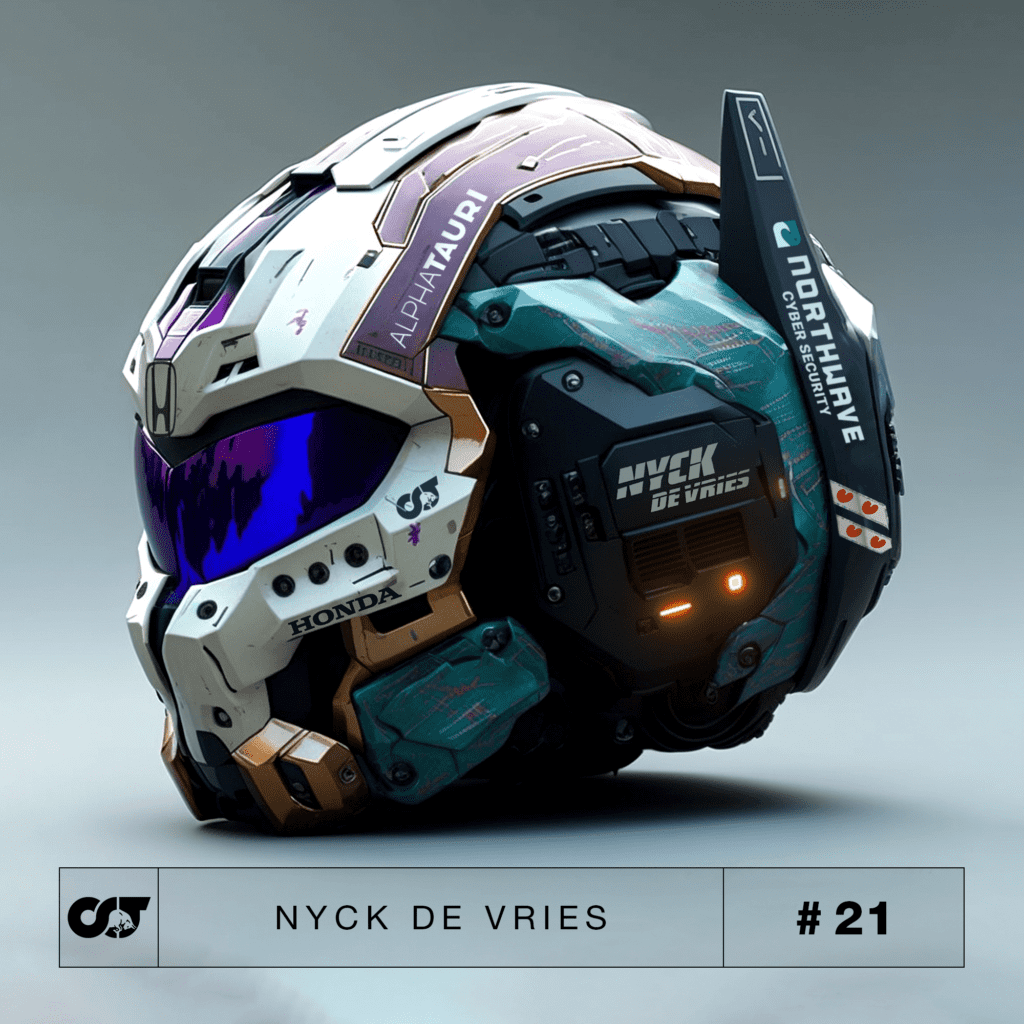Protecting Luxury Heritage: Court Permanently Stops ‘MetaBirkin’ NFTs in Landmark Case
Fast Facts:
- Hermès wins a permanent injunction against artist Mason Rothschild’s ‘MetaBirkin’ NFT sales.
- The court rules that the NFTs infringed upon Hermès’ trademark rights for its iconic Birkin bags.
- Judge Rakoff’s verdict aims to prevent consumer confusion and protect Hermès from damage.
- The case sets a crucial precedent for the intersection of NFTs and intellectual property law.
- Hermès’ proactive stance in filing Metaverse trademarks reflects commitment to brand protection in the digital realm.
In a landmark legal battle, luxury retailer Hermès emerged victorious as US District Judge Jed Rakoff granted a permanent injunction against artist Mason Rothschild’s sales of “MetaBirkin” NFTs. The court’s decision came as a response to the jury’s findings that the digital assets infringed upon Hermès’ trademark rights for its highly coveted Birkin bags, each fetching tens of thousands of dollars. The case, which represents a significant encounter between NFTs, intellectual-property law, and artistic expression, sets a crucial precedent for the digital art community and brand protection in the Metaverse era.
MetaBirkin NFTs and the Trademark Dispute
Rothschild’s “MetaBirkins” were at the center of the legal dispute initiated by Hermès last year. These NFTs were linked to images of the brand’s luxury bags embellished with vibrant fur. Hermès accused Rothschild of violated its “Birkin” trademark and falsely implied the fashion house’s endorsement of the tokens. However, Rothschild defended his work, asserting that the use of trademarks was artistically relevant and should thus be protected under the First Amendment of the Constitution.
“This landmark ruling fortifies Hermès’ luxury heritage and sets a critical precedent for the NFT realm, emphasizing the importance of protecting brand identity in the digital age.”
Court Ruling and Implications for NFTs
The ruling in favor of Hermès reflects the court’s determination to prevent consumer confusion and protect the brand from irreparable harm. This case highlights the complex intersection between digital assets, like NFTs, and intellectual property law. Hermès’ proactive approach in filing Metaverse-related trademarks in 2022 signaled its commitment to safeguarding its brand identity within the emerging digital landscape. With this verdict, the legal landscape for NFTs becomes even more contentious, and the art community must navigate the delicate balance between creative expression and the protection of traditional trademarks and copyrights. As the Metaverse continues to evolve, further conversations and deliberations on the interaction between digital art and intellectual property rights are expected.





















